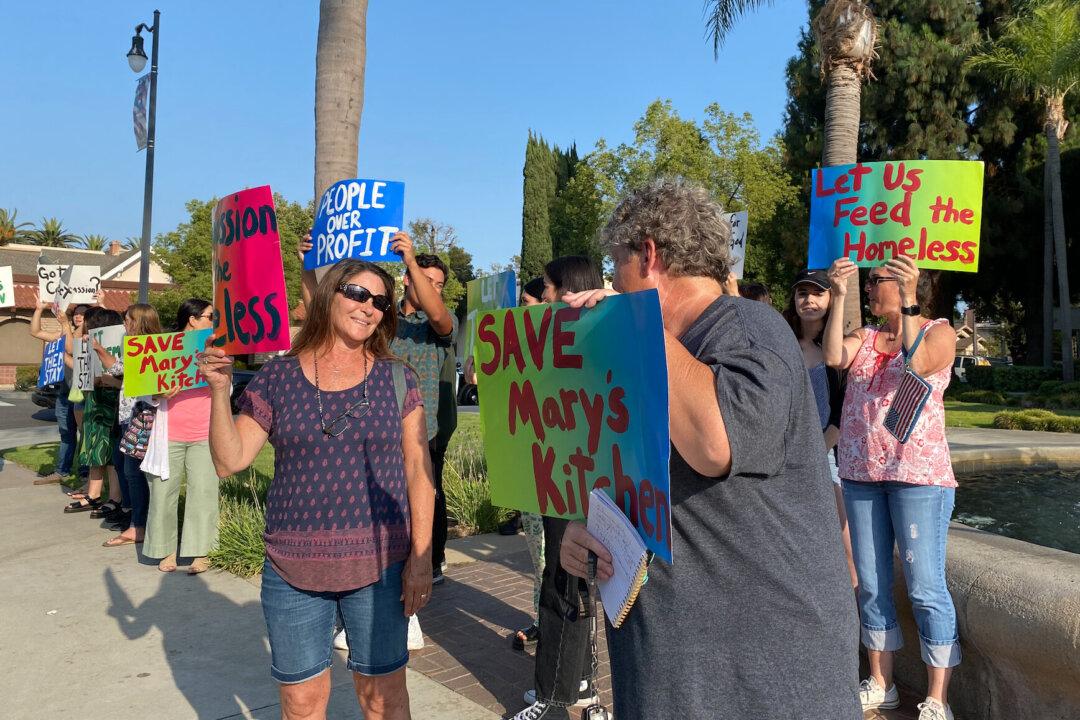As California’s Employment Development Department (EDD) scrambles to resolve the ballooning fiasco resulting from fraudulent jobless claims during the pandemic, state lawmakers are saying enough is enough.
Recently released official reports cite numerous systematic problems with the agency, resulting in tens of billions of dollars paid out while needy citizens wait to receive legal benefits they desperately need.





